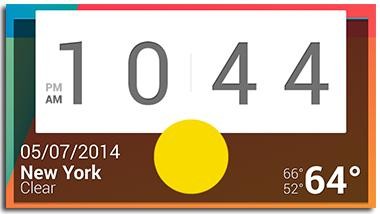The Birth of Linux
On August 25, 1991, a Finn computer science student named Linus Torvalds made the following announcement to the Usenet group comp.os.minux:I'm doing a (free) operating system (just a hobby,The “Minix” Torvalds referred to is a variant of the UNIX operating system, used as a guideline for his the free operating system he wanted to run on the x86-based consumer PCs of the day. “gnu” refers to the set of GNU (GNU Is Not Unix) tools first put together by Richard Stallman in 1983. UNIX, the operating system that started it all, had its origins in the old Bell Labs back in the early 60s.
won't be big and professional like gnu) for 386(486)
AT clones. This has been brewing since april, and is
starting to get ready. I'd like any feedback on things
people like/dislike in minix, as my OS resembles it
somewhat (same physical layout of the file-system
(due to practical reasons) (among other things).
Torvalds built the core of the Linux operating system, known as the kernel. A kernel alone does not make an operating system, but Stallman's GNU tools were from a project to create an operating system as well--a project that was missing a kernel to make Stallman's operating system complete. Torvalds' matching of GNU tools with the Linux kernel marked the beginning of the Linux operating system as it is known today.
Linux is in many ways still only at the beginning of its potential, even though it has enjoyed tremendous success since Torvalds' first request for help in 1991.
Linux has gained strong popularity amongst UNIX developers, who like it for its portability to many platforms, its similarity to UNIX, and its free software license. Around the turn of the century, several commercial developers began to distribute Linux, including VA Linux, TurboLinux, Mandrakelinux, Red Hat, and SuSE GMbH. IBM's 2000 decision to invest $2 billion in Linux development and sales was a significant positive event to the growth of Linux.
Today, Linux is a multi-billion dollar industry, with companies and governments around the world taking advantage of the operating system's security and flexibility. Thousands of companies use Linux for day-to-day use, attracted by the lower licensing and support costs. Governments around the world are deploying Linux to save money and time, with some governments commissioning their own versions of Linux.
The Code
Linux is also unique from other operating systems in that it has no single owner. Torvalds still manages the development of the Linux kernel, but commercial and private developers contribute other software to make the whole Linux operating system.The analyst group IDC has projected Linux will be a $49 billion business by 2011, and there are many indications in the market that this figure will be achieved.


No comments:
Post a Comment